Description
It is tall about 6-12 feet, multi branch bushy plant and is covered with very fine hair. The bark of stem is thin and the leaf stalk is long and 3-5 leaves grow at its tip. The edges of the leaves are plain or serrated. The flowers are small in 2-3 inch long inflorescence and are blue or white with purple tint. The fruits are small, round, and of mixed color white and black. The bark of the root is green outside and yellow inside.
Flowering stage begins during summers and rains (June-August) and Fruits during cold season (December).
General Description
Nirgundi is a Sanskrit word literally means which protects the body from ailments. It is potent herb which is used in various ailments. It is obtained from an aromatic shrub called Vitex negundo which has bitter, pungent, astringent taste, rose colored flowers and small brown fruits that are used for medicinal purpose.
It is a multipurpose and versatile herb which is used for external application in form of oil, ointment as well as for oral administration in form of powder, leaf juice extract or water decoction. It has analgesic, anti-bacterial and anti-inflammatory properties. It is useful in the treatment of fever, arthritis, headaches, swelling, digestion problems, and mouth related problems.
Based on flower types, there are two varieties of this plant – blue and white flowered. Blue flowered plant is called nirgundi (Vitex negundo), but the white flowered plant is called siduwar (Vitex trifolia).
The main chemical constituents found in nirgundi are phenol, dulcitol, alkaloid- vitricine, B-sitosterol, camphene, orientin, arteemetin, onoterpens, anguside eurostoside and aucubin are the main components of nirgundi. It also contains flavonoids, casticin, chryso-splenol and vitexin which in turn contains chysoplenol D. It is known for anti-histamine properties and muscle relaxant. It acts as a mild topical analgesic and helps in inducing natural sound sleep.
Classification
- Kingdom: Plantae
- Order: Lamiales
- Family: Lamiaceae
- Genus: Vitex
- Species: Negundo
Habitat
It is native to tropical Eastern and Southern Africa and Asia. Countries it is indigenous to include Afghanistan, Bangladesh, Bhutan, Cambodia, China, India, Indonesia, Japan, Korea, Kenya, Madagascar, Malaysia, Mozambique, Myanmar, Nepal, Pakistan, the Philippines, Sri Lanka, Taiwan, Tanzania, Thailand, and Vietnam.
Ayurvedic Properties
| Hindi / Sanskrit | English | ||
| Rasa | Tikta, Katu | Taste | Bitter, Pungent |
| Guna | Laghu, Rooksha | Physical Property | Light, Dry |
| Virya | Ushna | Potency | Hot |
| Vipaka | Katu | Metabolic Property (After Digestion) | Pungent |
Effects On Doshas
It helps to balance vata and kapha doshas.
Classical Categorization
| Charak Samhita | Sushruta Samhita | Vagbhata |
| · Vishaghna – Anti-poisonous group of herbs
· Krimighna – Anti-helminthic group of herbs |
· Surasadi | · Surasadi |
Practical Uses Of Vitex Negundo
- Mental Disorders – It act as brain tonic and alleviates vata, therefore useful in headache, sciatica, improves memory .It cures disorders of nasal passages and mental channels.
- Ear Problems – It is used in ear problems. Put 1-2 drops of nirgundi oil mixed with honey, in the ear.
- Asthma and Tuberculosis – It improves ventilation therefore used in Kapha dominant cough, asthma, pneumonia and pleurisy. It cures multinodular tuberculosis.
- Teething in Children – Its root help in early teething in child.
- Fever – It is used as anupan or a main drug in typhoid and malaria fever. It cures fever, chronic rhintis and deafness.
- Chronic Arthritis – It has analgesic property. Its leaves are boiled in water or heated then tied over the affected part. It is useful in headache, scrotal swelling, and arthritic pain. It cures chronic rhinitis and arthritis.
- Digestive Power enhancer and Antihelmintic action – It improves appetite and digestion. It is useful in loss of appetite, anorexia, ama- dosha and is anthelmintic. It enhances the digestion power and relieves the stomach pain. It helps to release the gas and cures swelling of the stomach caused by indigestion or accumulation of wind.
- Menstrual Cycle – It improves menstrual flow therefore used in dysmenorrhea and obstetric conditions. In case of irregular or incomplete menstrual cycle give 2 gm powder of its seeds every morning and evening. It normalizes the menstrual cycle.
- It help to improve blood circulation process.
- It is useful in dysuria and anuria. In gonorrheal infection it helps in passing urine smoothly.
- It stimulates every part of the body, therefore it acts as a rasayan in body.
It is also used as a hair tonic. - It cures all mouth and throat related disorders like pharyngitis, tonsillitis.
- It has cleansing action and helps in healing of wounds.
- Its leave powder is used for endometritis, colitis and orchitis, in these
- conditions it reduces the obstruction of blood due to ama and kapha, increases perspiration, reduces edema and also relieves pain.
Parts Used
- Leaf
- root
- seeds
Dosage
- Leaf juice – 10-20 ml
- Root bark powder – 3-6 g
- Seed powder – 3-6 g


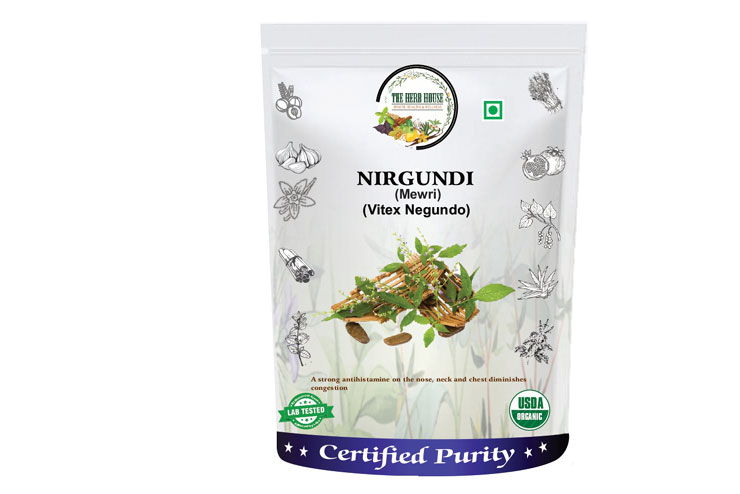
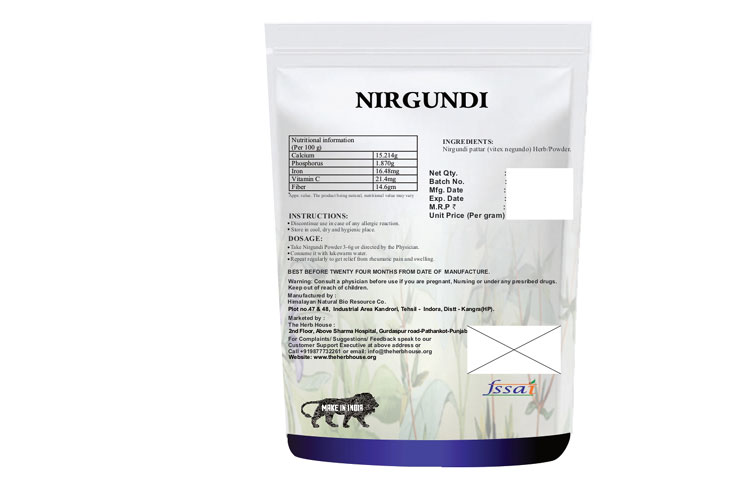
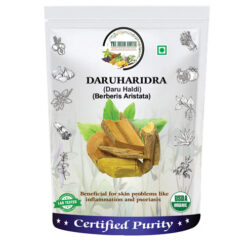
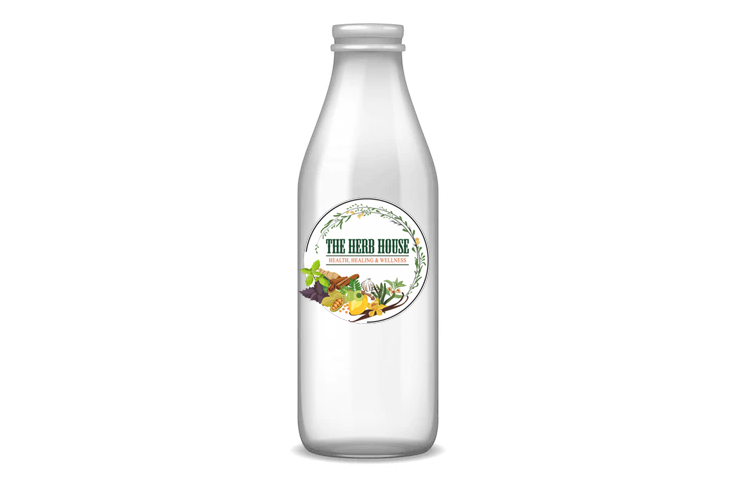
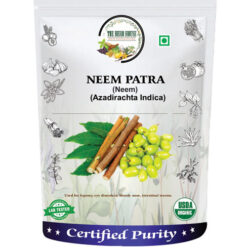
Reviews
There are no reviews yet.